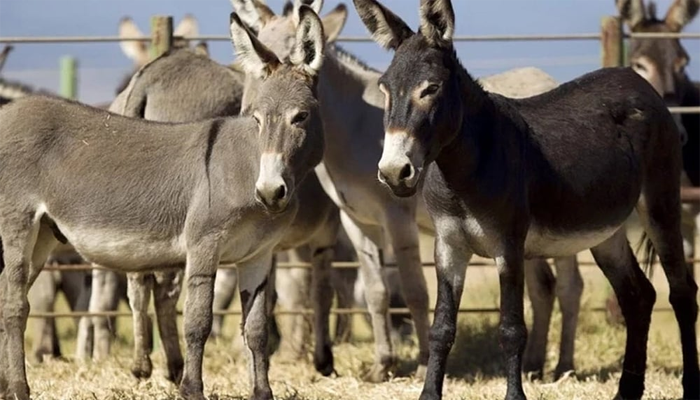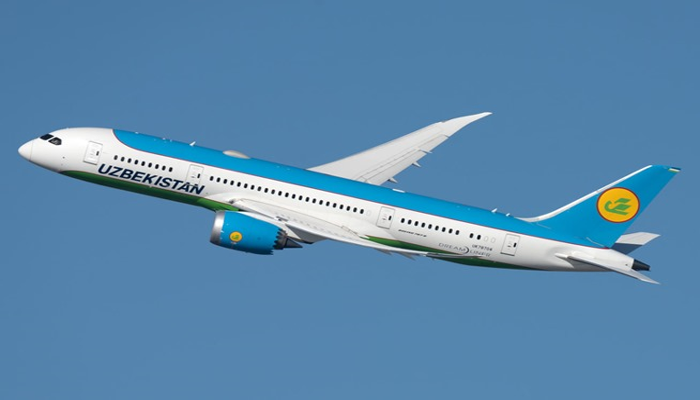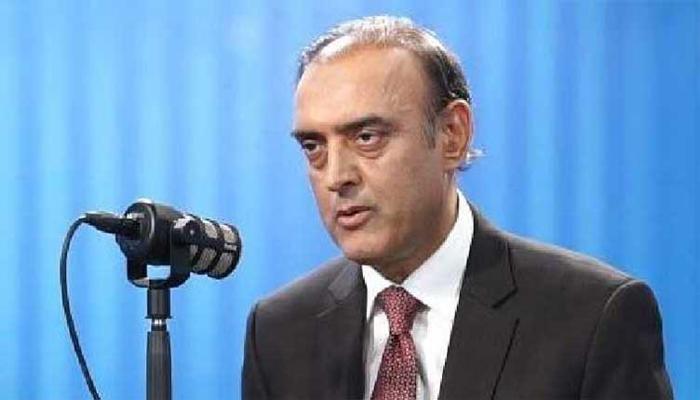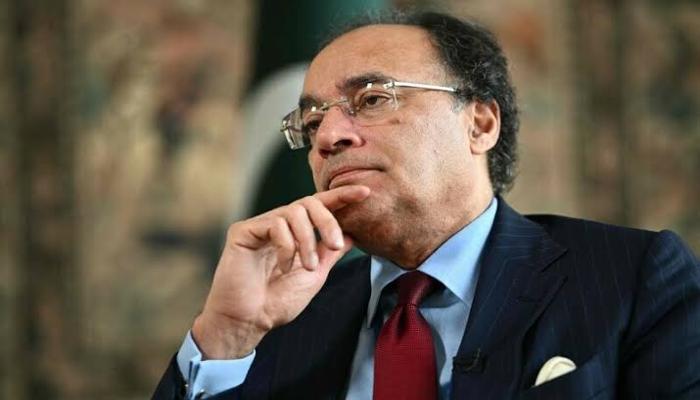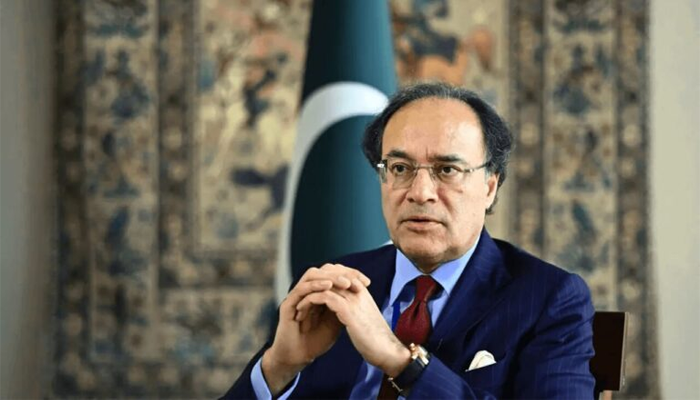Gwadar: In a unique move to diversify Pakistan’s export portfolio, Federal Minister for Industries and Production, Rana Tanveer Hussain, has announced that Pakistan will begin commercial exports of donkey meat to China through specialized farms in Gwadar.
The initiative is expected to enhance trade relations with China while creating new economic opportunities within Pakistan.
The announcement came following a high-level meeting in Gwadar with a Chinese delegation led by Zhao Fei, Vice President of China’s Donkey Industry. The delegation is in Pakistan to explore opportunities for establishing commercial donkey breeding and meat processing facilities.
“Exporting donkey meat to China will contribute to Pakistan’s export growth,” said Minister Hussain. He emphasized that the project is part of broader efforts to capitalize on non-traditional export avenues while strengthening economic ties with key partners like China.
China has long been a major consumer of donkey-derived products, particularly for traditional medicine and cosmetic uses. With demand consistently on the rise, Pakistan is positioning itself as a potential supplier due to its climate and capacity for large-scale breeding.
The Chinese delegation noted that Pakistan’s natural environment is highly suitable for donkey breeding. Zhao Fei said, “Pakistan has a favorable climate and land availability, making it ideal for the development of the donkey industry.”
Minister Hussain reassured stakeholders that local donkey breeds would not be harmed by the project. “Strict regulations will be put in place to protect indigenous breeds. Donkey farms will only be approved after fulfilling all legal and environmental requirements,” he said.
He also confirmed that the proposed facilities—including breeding farms, slaughterhouses, and meat processing units—will be set up in Gwadar’s Export Processing Zone. This zone provides streamlined access to export logistics and customs clearance, making it a strategic location for international trade ventures.
“This project will not only enhance our export capabilities but also deepen our economic cooperation with China,” said Hussain. “More importantly, it will generate employment and support infrastructure development in the Gwadar region.”
The initiative is expected to create hundreds of jobs in Balochistan, particularly in the rural economy where donkey rearing can become a sustainable source of income for local communities.
Hussain added that the donkey meat export plan reflects the government’s broader strategy of economic diversification, particularly in the livestock and agriculture sectors. He highlighted that innovative trade models are essential to reducing reliance on traditional exports and improving Pakistan’s trade balance.
With China’s donkey product demand projected to grow further in the coming years, this venture could mark the beginning of a new export stream for Pakistan.
The federal government is expected to finalize regulatory frameworks and investment plans in the coming months, paving the way for the first commercial shipments of donkey meat from Gwadar to China

